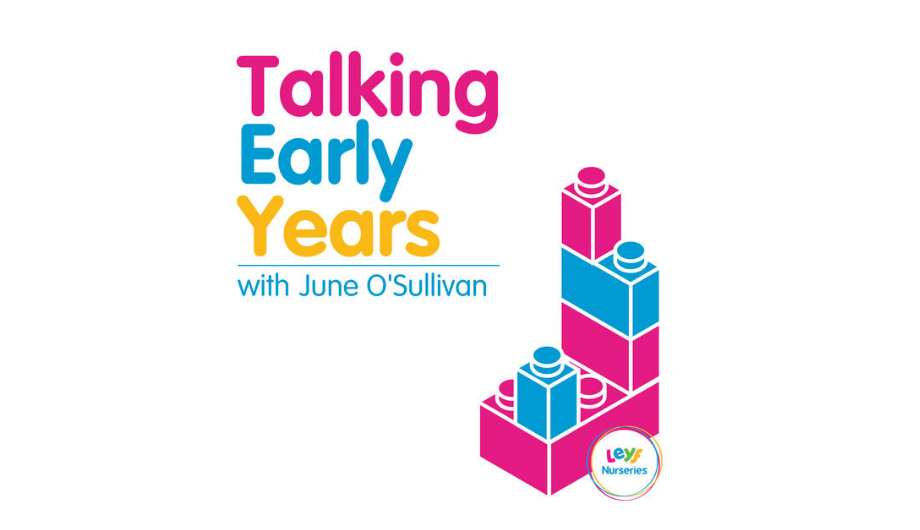
Talking Early Years: June O’Sullivan and Krupesh Hirani
I kicked off this year’s podcast chatting to the well-informed Krupesh Hirani, London Assembly Member for Brent and Chair of the London Assembly Health Committee and the Health…
October 23rd 2025
Children need nature. They instinctively know the benefits of connecting with nature, yet we have replaced these experiences with technology and structured indoor lives. Childhood is no longer synonymous with unsupervised outdoor play, with the freedom to navigate the weather, build resilience, and gain confidence in the world around them.
At this year’s Autumn Conference, the Green Party announced a bold plan to transform our relationship with nature, including a new Rights of Nature Act that would give legal personhood to the natural world. This timely initiative is crucial when so many children today have limited access to green spaces. The Act proposes clear standards for soil quality, the phasing out of harmful pesticides such as glyphosate, and rigorous testing to ensure no harm comes to bees, butterflies, or other wildlife. Alongside this was a separate Climate and Nature Act and also a Clean Air Act, which represents a joined-up approach to tackling the ecological emergency we face.
Henry Beston, the American naturalist, put it beautifully:
When the wind in the grass is no longer part of the human spirit… man becomes, as it were, a kind of cosmic outlaw.
In other words, life without nature makes us inhuman.
Richard Louv highlights the modern child’s nature deficit and calls for a daily dose of Vitamin N. My own experience writing Gardening in Nurseries was inspired by my daughter, a passionate permaculturist, who showed me how deeply sustainability, respect for the environment, and nature are intertwined. These lessons are vital for our children: spending time outdoors nurtures their connection to the world and fosters curiosity, empathy, and resilience.
Research consistently shows that nature is central to children’s development:
Connecting children with nature can be simple: gardening, forest schools, nature walks, and indoor plants can all foster engagement. University of Rochester research found that nature encourages more caring, social behaviour, and stronger relationships.
As R. White observes, “If children’s developing sense of self becomes disconnected from the natural world, then nature comes to be seen as something to be controlled or dominated rather than loved and preserved.”

I kicked off this year’s podcast chatting to the well-informed Krupesh Hirani, London Assembly Member for Brent and Chair of the London Assembly Health Committee and the Health…

To mark Empathy Day (9 June), we are proud to be launching our Standing Tall for Early Years campaign – with a call for ALL Early Years settings across…

When we were told by the Prime Minster on the 10th May that we would be able to open on the 1st of June we began to plan how we…